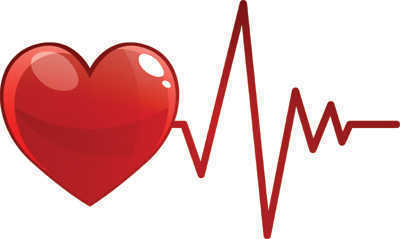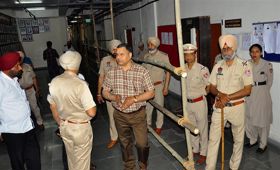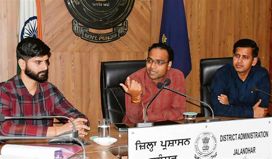
The technology does not require any radiation exposure, which is essential in nuclear stress tests that are by far the most commonly used in the US.
WASHINGTON
Cardiac magnetic resonance (CMR) can non-invasively identify the severity of heart disease and also predict which cases are potentially fatal, scientists say.
According to the researchers from Duke University in the US, the method has potential as a non-invasive, non-toxic alternative to stress echocardiograms, catheterisations and stress nuclear exams in diagnosing disease.
"We've known for some time that CMR is effective at diagnosing coronary artery disease, but it's still not commonly used and represents less than one percent of stress tests used in this country," said Robert Judd, from Duke University.
"One of the impediments to broader use has been a lack of data on its predictive value—something competing technologies have," Judd said.
"Our study provides some clarity, although direct comparisons between CMR and other technologies would be definitive," he said.
Researchers analysed data from more than 9,000 patients who underwent CMR at seven US hospitals, encompassing up to 10 years of follow-up.
For patients without any history of heart disease and at low risk based on traditional clinical criteria, those with an abnormal CMR scan were 3.4 times more likely to die compared to patients with a normal CMR scan.
For the entire patient population, the researchers found a strong association between an abnormal stress CMR and mortality, even after adjusting for patient age, sex, and cardiac risk factors.
"Noninvasive cardiac stress testing is a cornerstone in the clinical management of patients with known or suspected coronary artery disease," Judd said, noting that CMR works as well or better than other exams at identifying heart wall motion, cell death and the presence of low blood flow.
The technology does not require any radiation exposure, which is essential in nuclear stress tests that are by far the most commonly used in the US.
"There are a number of reasons for the limited use of stress CMR, including availability of good quality laboratories, exclusion of patients who cannot undergo magnetisation, and a lack of data on patient outcomes," Judd said.
"With the findings from this study suggesting that stress CMR is effective in predicting mortality, we provide a strong basis for a head-to-head study between stress CMR and other modalities," he said. — PTI



























